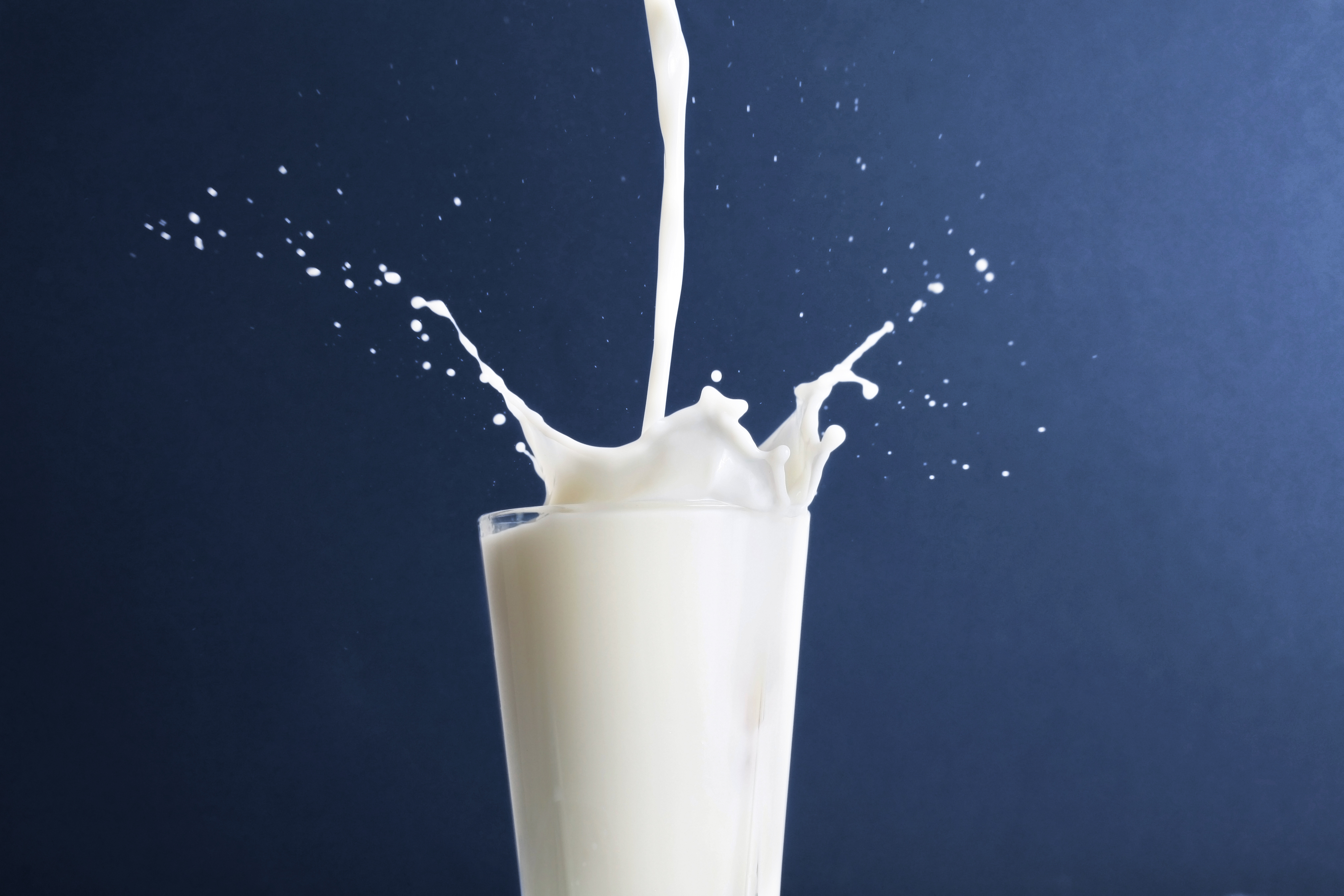Drink milk and stay slim
Milk contains substances that may help to keep body weight down. Scientists from Aarhus University are helping to identify the substances and mechanisms involved.

Can milk have a slimming effect? Recent studies suggest this may well be the case. How this comes about was revealed by Associate Professor Trine Kastrup Dalsgaard from the Department of Food Science at Aarhus University and Lesli Hingstrup Larsen from the Department of Nutrition, Exercise and Sport at the University of Copenhagen at the symposium of the Danish Dairy Research Foundation held in conjunction with an International Symposium on Milk Genomics and Human Health.
The symposium, organised by Aarhus University in cooperation with the California Dairy Research Foundation, the Danish Dairy Research Foundation, Arla Foods and Arla Foods Ingredients Group P/S was held in Aarhus in October 2014.
Scientists have suspected that whole milk contains substances that either directly or indirectly via the gut flora affect the absorption and metabolism of fat and thus may influence the regulation of body weight. The effect is not as pronounced with skimmed milk. The objective of the research is to get a clearer picture of which substances in milk and which mechanisms in the body are involved.
The study includes humans, pigs and intestinal cells taken from humans. The first results from the tests confirm that something in the milk really does affect the metabolism of fat.
Genetic expression
In the study of the intestinal cells, scientists found that substances in milk activated a particular gene called Fasting Induced Adipose Factor (FIAF). When said gene is turned on it starts processes in the body that affect the metabolism of fat. The substances that affect the gene were found especially in the milk fat.
It was more precisely the medium and short-chain fatty acids of the milk that exhibited this effect. These fatty acids are generally referred to as SMCFA (short and medium-chain fatty acids). SMCFA are unique to milk and have previously been linked to a lower absorption of fat in humans.
SMCFA in milk therefore appear to switch on a particular gene in the body that starts a number of processes. One of the processes is the production of a protein called the FIAF protein – and it is this FIAF protein that has a regulatory effect on the metabolism of fat, especially the regulation of fatty acids in the blood. This is therefore potentially of interest for the prevention of metabolic diseases related to obesity.
In the studies with pigs, one group was fed milk as a supplement to their usual diet. The second group had to do without milk but was otherwise fed the same diet as the other pigs. The pigs fed milk showed a higher activity of the FIAF gene in the guts than pigs not fed milk, which may indicate a lower absorption of fat from the diet in the gut.
Underlying mechanisms
In order to understand the underlying mechanisms, the profile of breakdown products (metabolites) from the diet was studied. This study showed a clear difference between the two groups since the profile of the metabolites in the blood and urine of the pigs that received milk was markedly different from that of the pigs not receiving milk. The scientists are currently examining the underlying mechanisms. They are also analysing how the intake of milk affects the gut flora in pigs and mice.
The scientists have yet to process the results of the experiments with humans.
The five-year project has a total budget of 30 million Danish kroner and has received 19.6 million Danish kroner from the Danish Council for Strategic Research. The project is a collaboration between Aarhus University, University of Copenhagen, the University of Gothenburg, BGI-Shenzhen in China, the Norwegian National Institute of Nutrition and Seafood Research (NIFES) and Arla Foods.
The project results were presented at the symposium of the Danish Dairy Research Foundation held in conjunction with the 11th International Symposium on Milk Genomics and Human Health from 5 to 8 October at Aarhus University. There were about 130 participants from 11 countries – the largest number ever.
For further information please contact: Associate Professor Trine Kastrup Dalsgaard, Department of Food Science, email: trine.dalsgaard@food.au.dk, phone: +45 8715 7998
